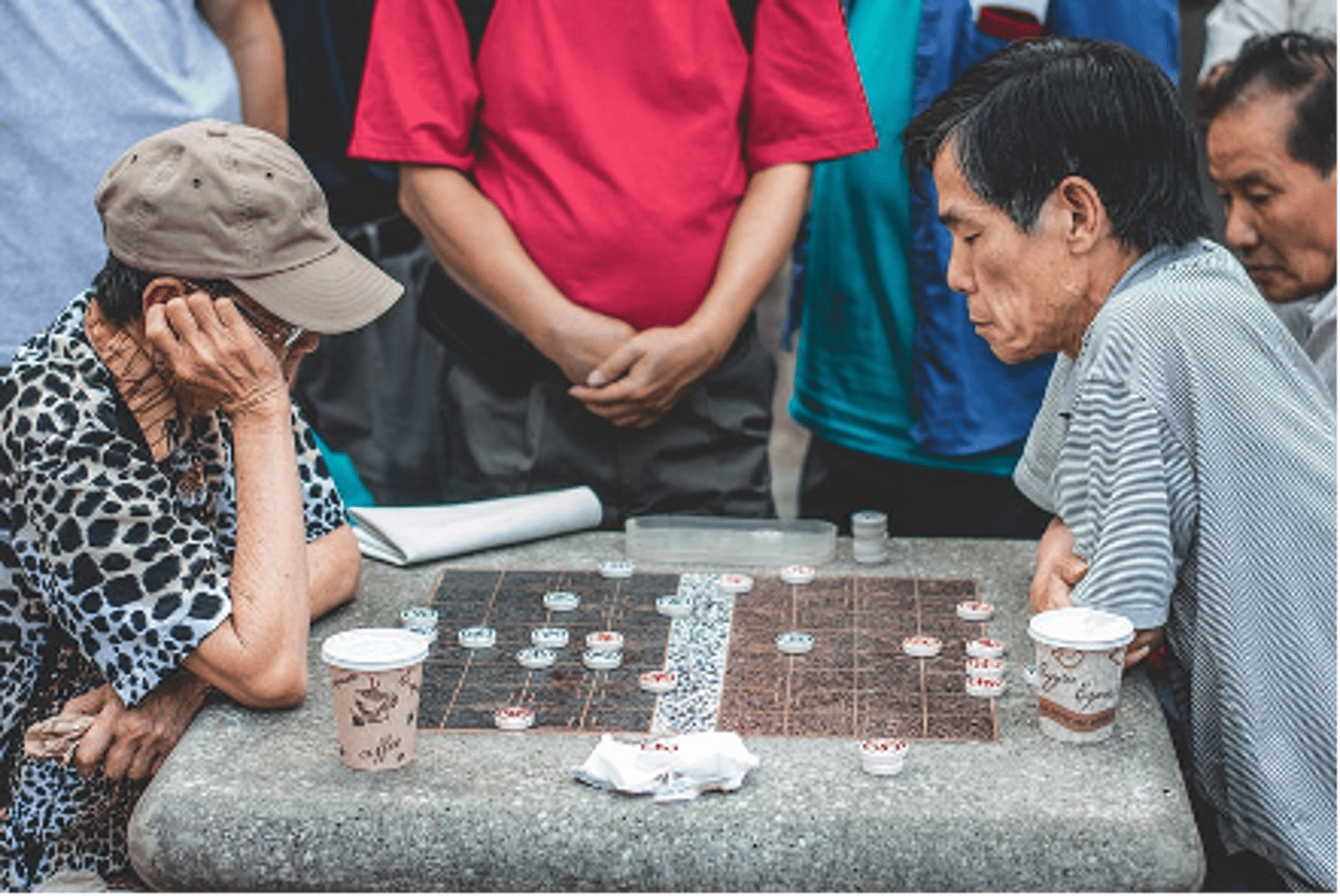How to deal with the mental aftermath of confrontation
Leaders must be prepared to put their bulletproof vest on and own it. To process the time-waster’s feedback, remember that the issue is not a reflection on you, but a reflection on a set of circumstances that you were a part in building. Those circumstances are unpredictable and often are tasks that others do not have the guts to take on.
Feedback is also a reflection of others’ expectations, life experiences, biases and understanding of the environment, which are all out of your control. The personal baggage someone brings to the conversation will be reflected in their words.
You will leave a confrontation fazed and distracted. You will recite their comments in your head and you will argue against those mentally until your mind finds closure. Getting through this process healthily and efficiently takes a mindset and experience. Here is what I have learned:
- Resist playing the victim. Don’t give away your power by allowing someone who knows less about the situation than you to bully you. But, resist the urge to bite back since retaliating demonstrates a loss of power and lowers your integrity. By not showing your cards, you make them predict what you will do next, making you the leader and them the follower. When they flip out and you don’t, you exhibit control and non-verbally show supremacy.
- Be confident in who you are as a character without believing the lies they are pushing. Seek examples from the past that mentally self-deny their attacks to your character. In the above example, there is plenty of untrue information, like “not knowing what we are doing” or “lying to customers.” Imagine all the incidents from our practice where we do just the opposite.
- Use the responses learned from the gift-givers to disable the time-wasters. The gifts you implemented speak powerfully to your character and are usually the counter-argument to what time-wasters are saying about you. Instead of mentally arguing against the irrational claims, focus on yourself by finding examples from the past to prove them wrong in your head: “Remember when I drove to a patient’s house to drop off a blister pack we fixed for drug interactions? We are honest experts.”
Can you spin it to your advantage?
Often, the audience of those time-wasters is not the audience you want following you, which is just as helpful as building an audience that will find value in your work. Addition by subtraction.
Allowing others to talk about you means they are providing free advertisement where others will find you and make their own judgments; so, let them. Be ready by having a media kit easily available.
Media kits provide a snapshot of what you are all about, making it easy for others to both “see” you and buy in. Others can point to it and do the legwork for you.
By recognizing who is providing the feedback as gifts or time-wasters, we can give it the appropriate mental and emotional energy. With the right mindset for each, we can harness the feedback as opportunity, build a reputation and solidify a proper audience.
Moral of the story? Everyone has comments, but that doesn’t mean they are accurate.







